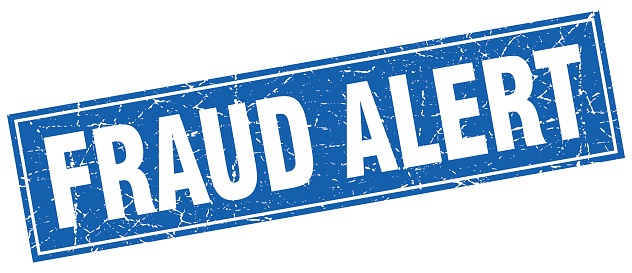Whether you’re contemplating switching your Medicare plan or simply considering making the switch from private insurance, you have until December 7th to make any changes. For you, it’s a time to weigh your options and make changes, but for scammers it’s open season.
Here are some common Medicare scams to watch for during open enrollment.
Medicare sales agents: Medicare does not employ any direct sales agents. Anyone who tries to sell you Medicare insurance while claiming to be an “official Medicare representative” is a scammer. Likewise, be wary of anyone who claims to be from health agencies, hospitals or other official sounding organizations (like the “National Medicare Office”) and is asking for your personal information or trying to sell you insurance.
Mandatory Part D participation: Participation in Part D is voluntary. Anyone who claims you will lose your Medicare coverage if you don’t join their prescription plan is a scammer.
Information for new cards: Medicare is issuing new ID cards. These new cards do not contain your Social Security number and will automatically be mailed to you so long as you have not changed your address. Medicare will never call or email you asking for personal information for your new card. If someone asks for your information or threatens to cancel your coverage, ignore them and call Medicare at 1-800-633-4227.
Refund scams: Some scammers don’t just want your Medicare information, they want your bank account information, too. To get access to both, they will claim you are entitled to a refund thanks to changes or enhancements from Medicare or private insurers. Some may even claim you get a refund because of lawsuits from government agencies. To receive your fake refund, the scammer will ask you for your bank account information.
When Can Medicare Contact Me? There are limited instances when Medicare will contact you. These include:
- A Medicare health or drug plan can contact you if you are already a member of that plan. If an agent helped you join, he or she can also call you.
- If you have called 1-800-MEDICARE and left a message asking for a return phone call, the customer service agent can call you back.
How to Protect Yourself Against Medicare Scams
Don’t share your information: Don’t share your Medicare number or other personal identification with anyone who calls, emails or comes to your door. Only give your Medicare information to doctors, insurers acting on your behalf or organizations that work with Medicare. The Medicare plan you choose will let you know how it will use your personal information.
Be wary of medical supplies: Medicare does not employ salesmen to offer you medical supplies.
Make note of medical appointments: Keep track of when you had an appointment with your doctor and what tests were performed, and check to make sure your notes match what is on your Medicare statements.










